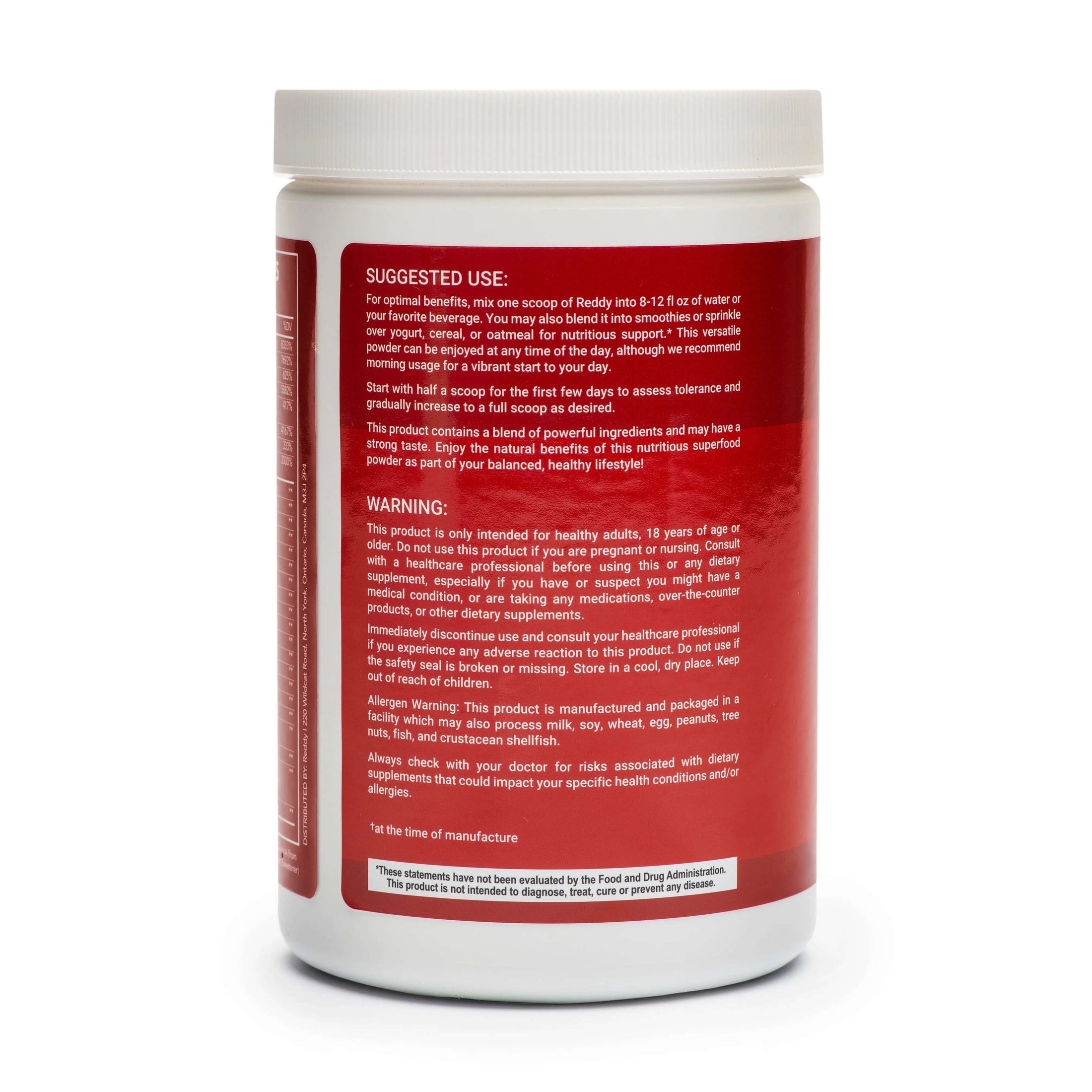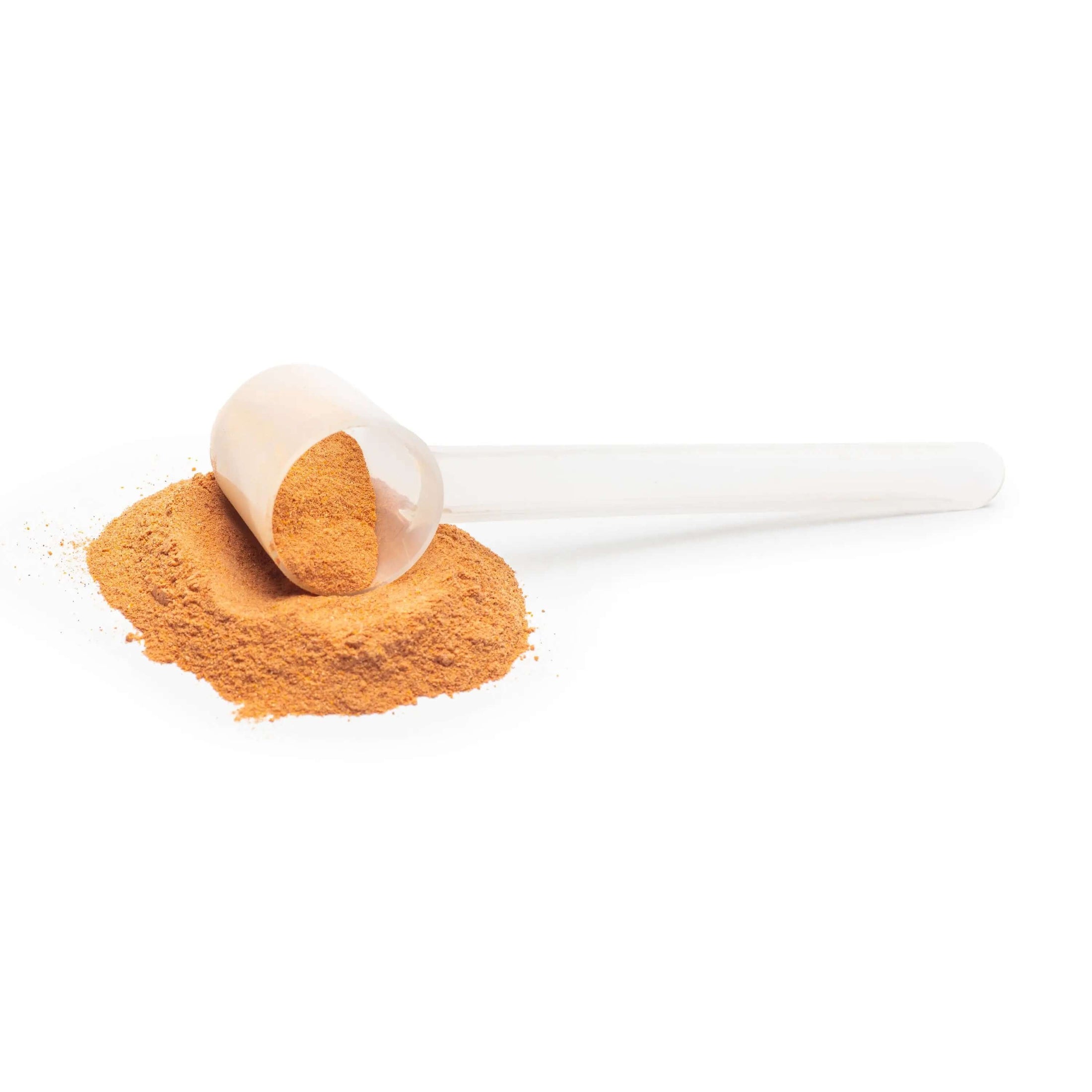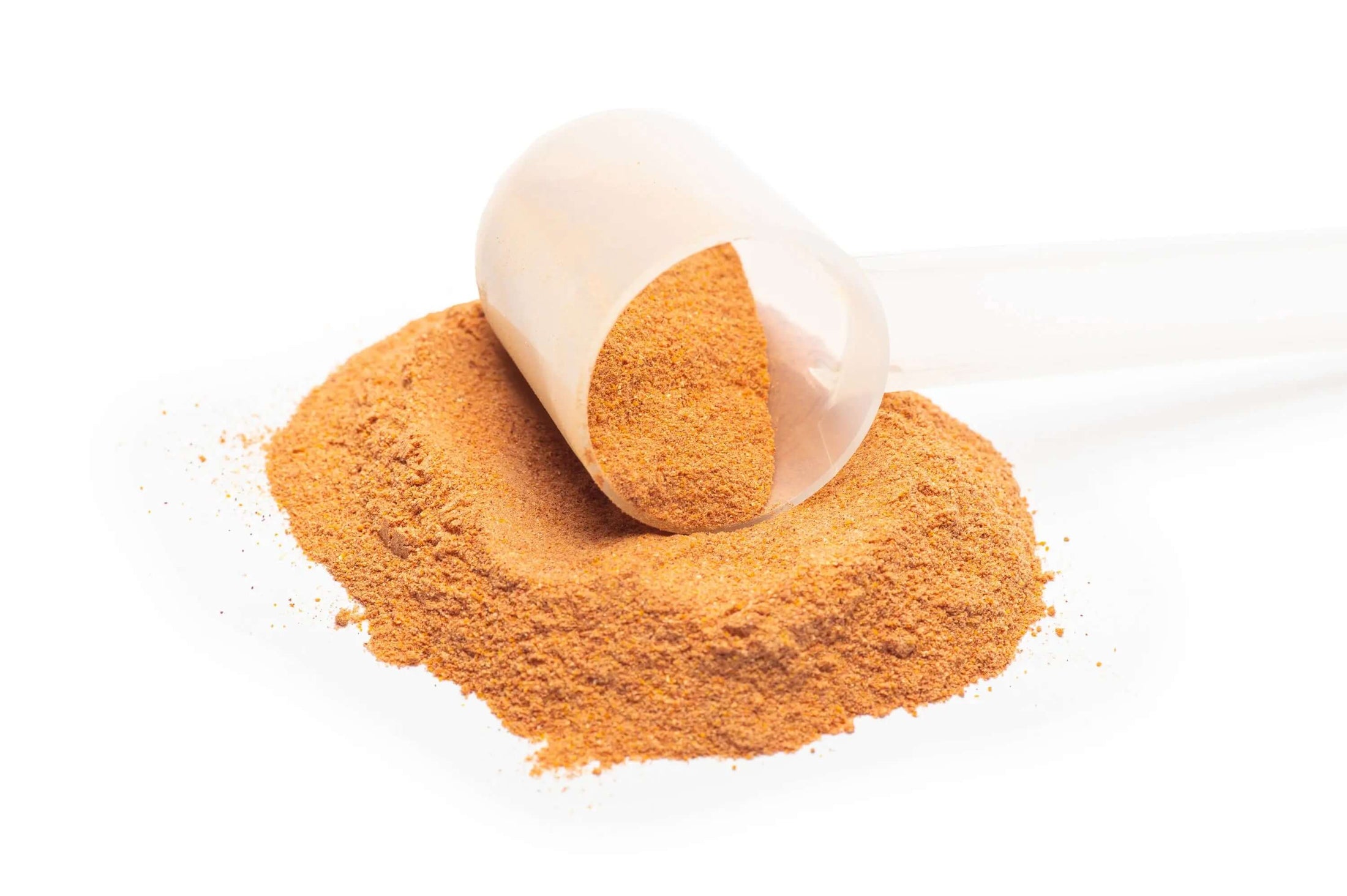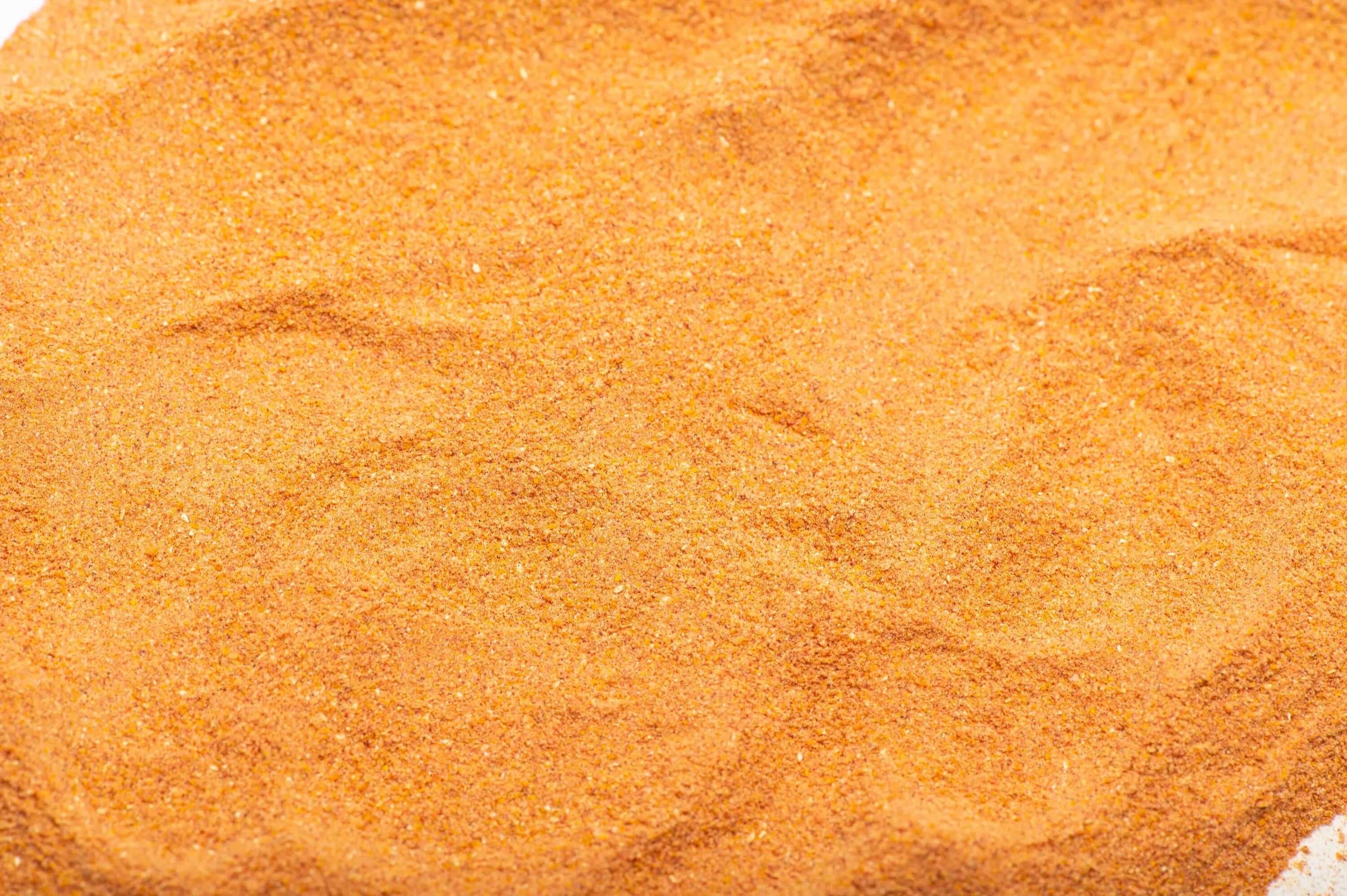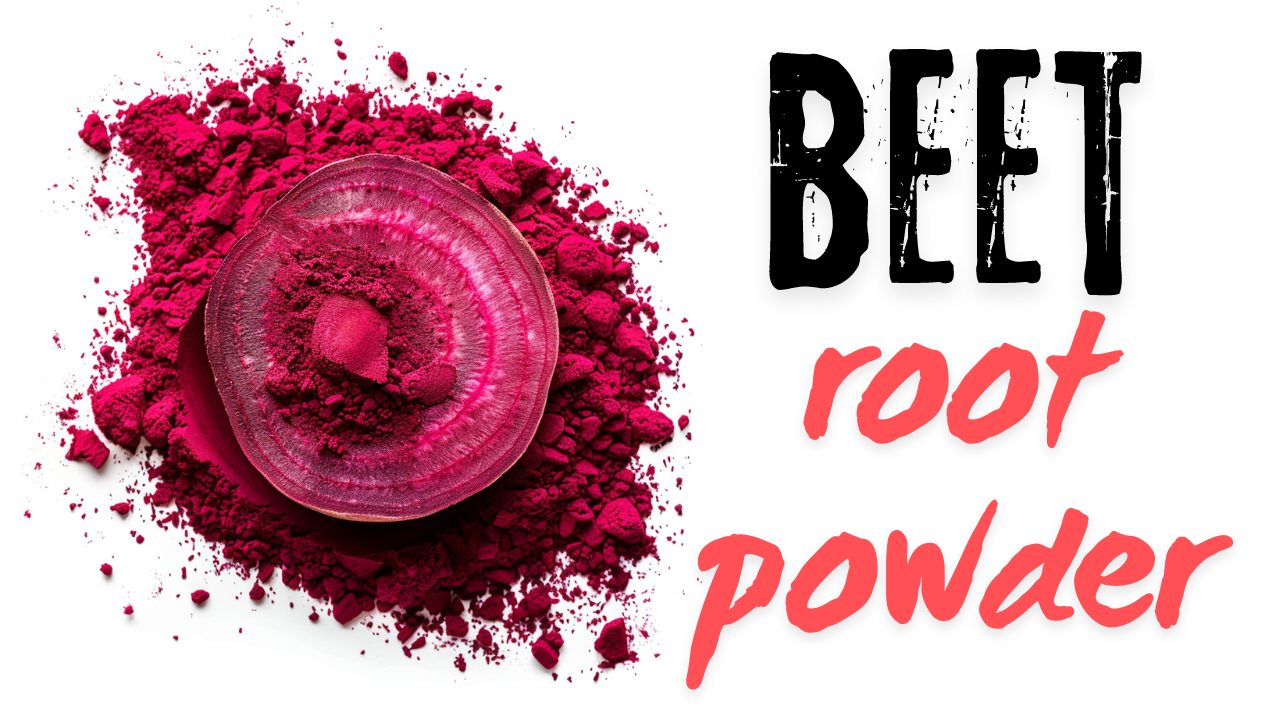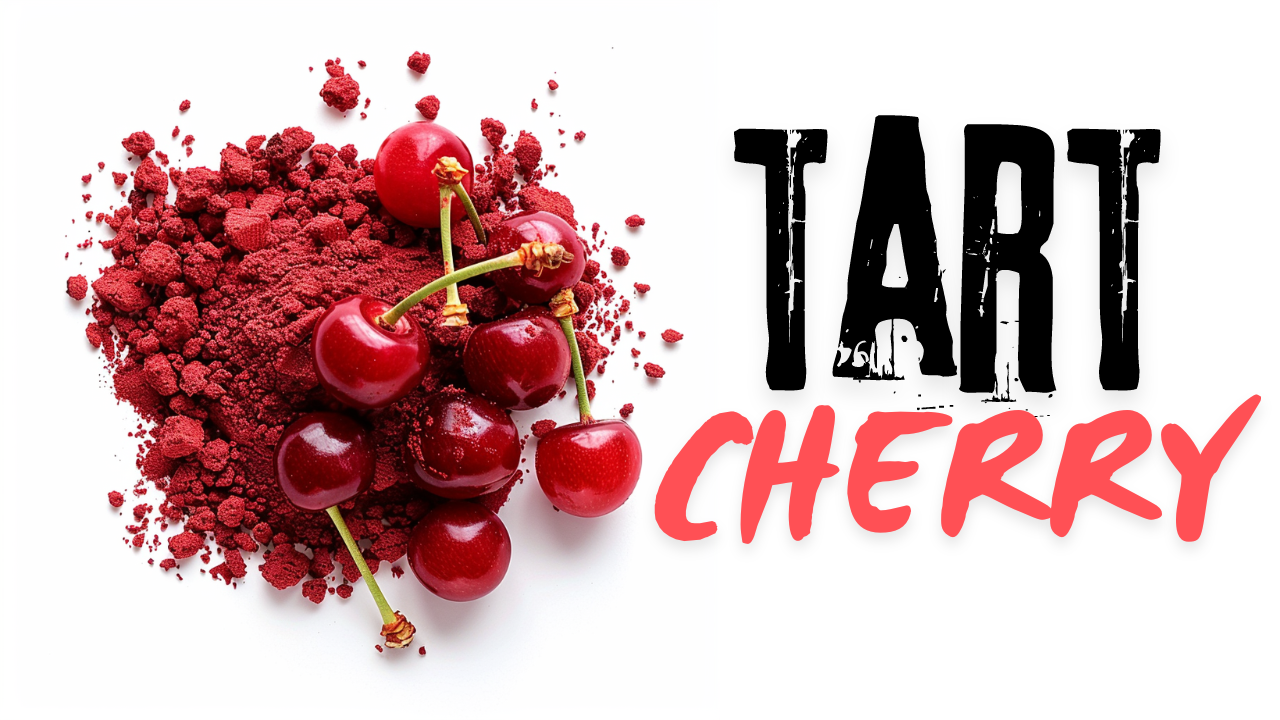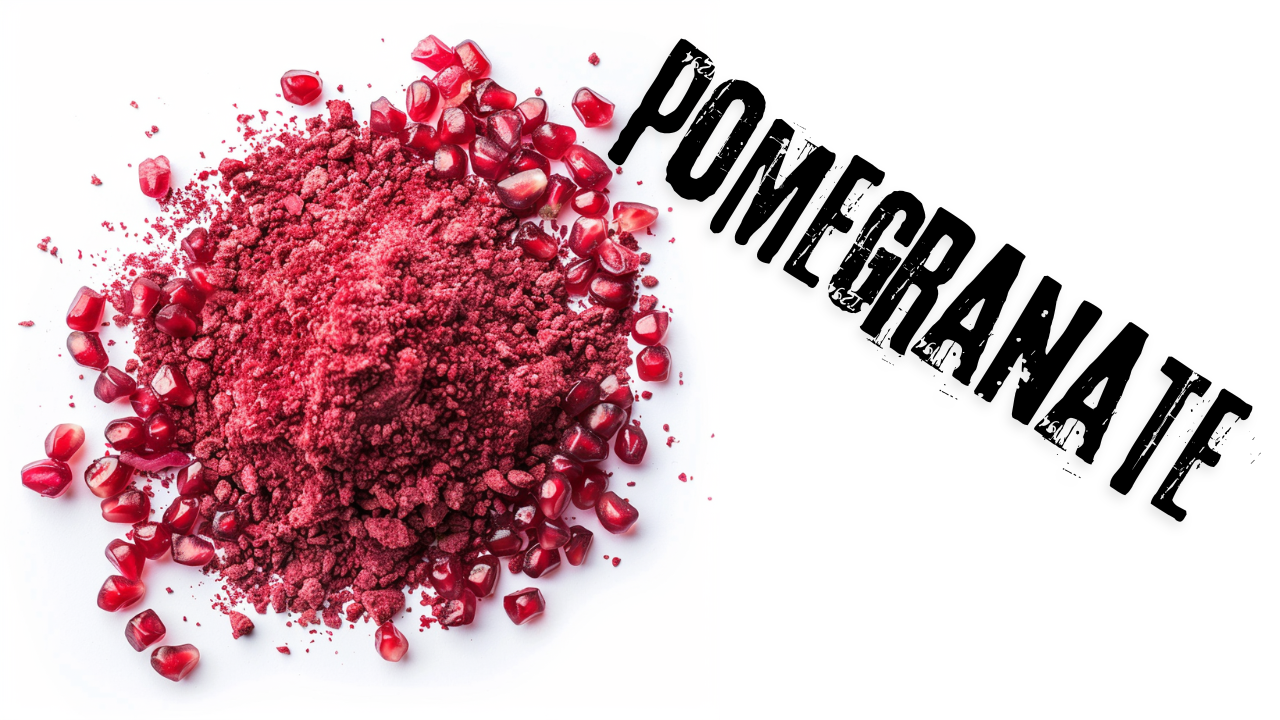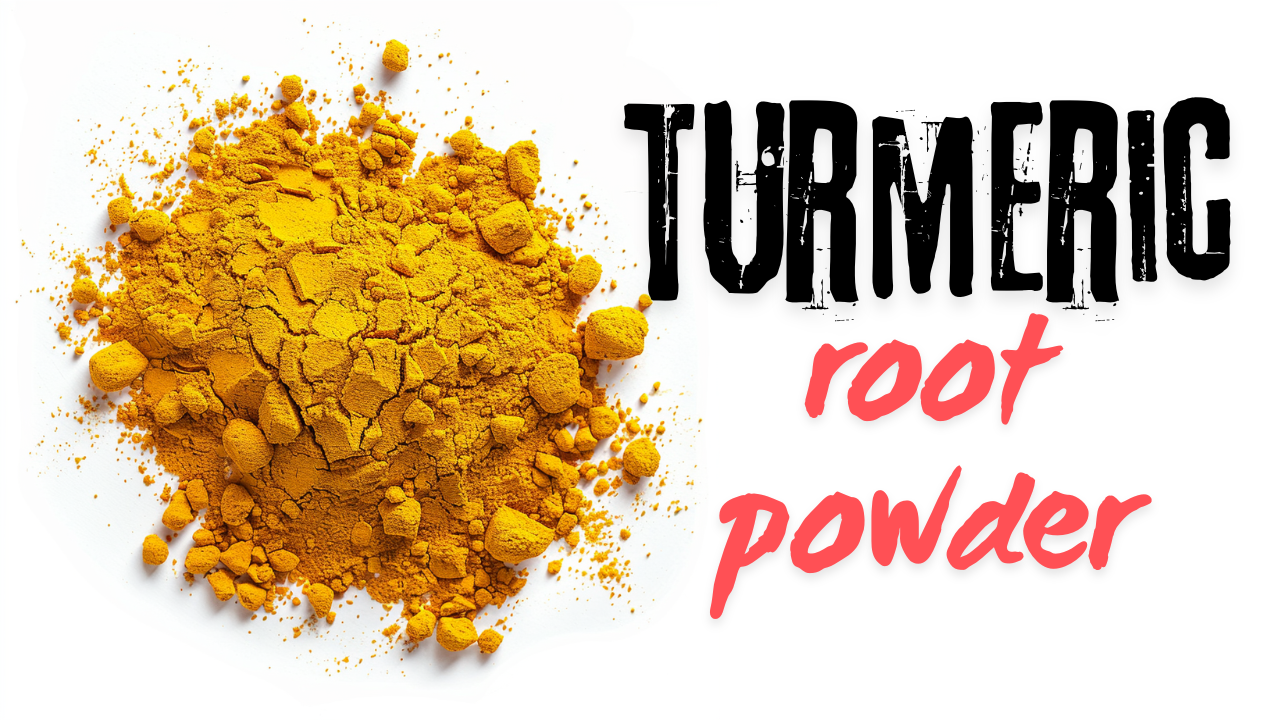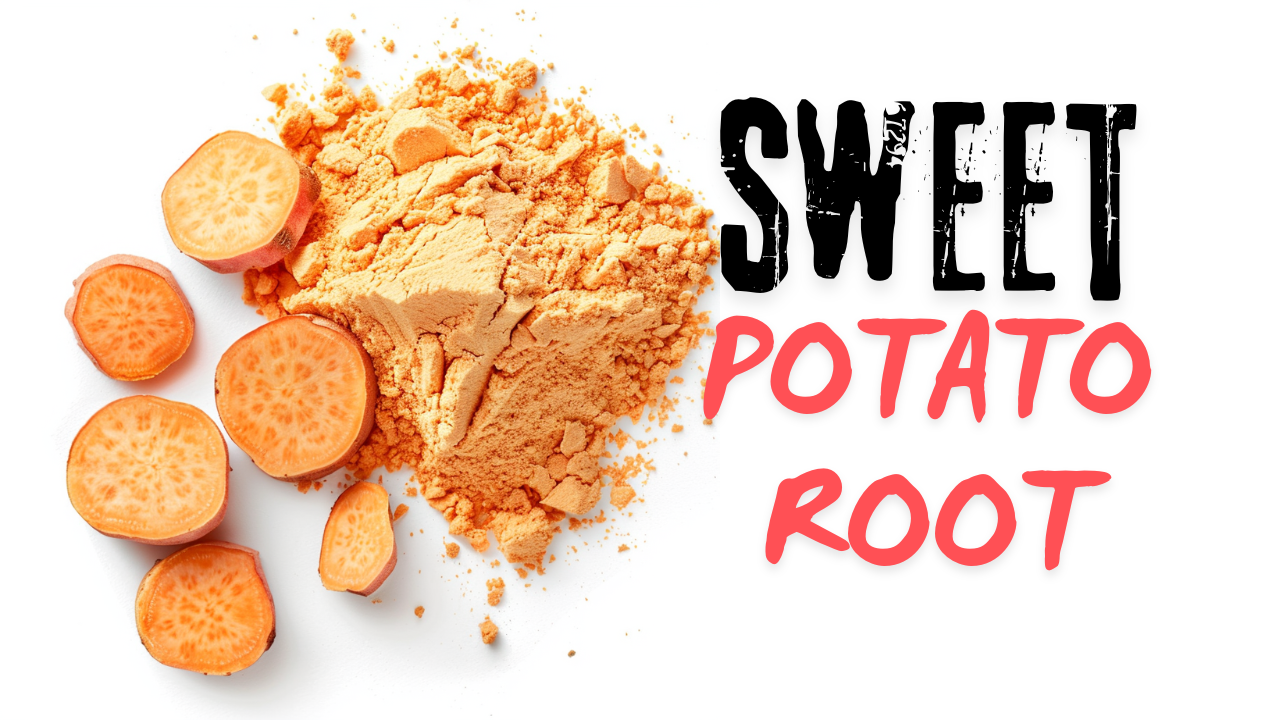Introduction
The human mind is a powerful and mysterious entity. Its influence on our physical well-being has long been a subject of debate and study. At Reddy4.com, we believe that understanding the connection between the mind, belief, and healing can significantly impact our overall health. In this article, we explore the science and facts behind the power of belief and the mind's role in healing the body and getting rid of disease - promoting health.
The Placebo Effect: Proof of the Power of Belief
One of the most compelling pieces of evidence that supports the power of belief in healing is the placebo effect. A placebo is an inactive substance or treatment that appears identical to a real treatment but has no therapeutic effect. In clinical trials, the placebo effect occurs when patients who receive a placebo report improvements in their symptoms simply because they believe the treatment is effective.
Research shows that the placebo effect is real and has a measurable impact on the brain and body. In a 2016 study published in the Journal of Neuroscience, researchers found that patients who received a placebo reported a 30% reduction in pain, while brain scans revealed that the placebo activated the same areas of the brain responsible for pain relief as real pain medication.
The Nocebo Effect: The Dark Side of Belief
The power of belief can also work against us, as demonstrated by the nocebo effect. The nocebo effect is the opposite of the placebo effect, where patients who receive an inactive treatment report worsening symptoms because they believe the treatment is harmful.
A study published in Science in 2012 found that patients who were informed about the potential side effects of a treatment were more likely to experience those side effects, even if they only received a placebo. This illustrates the potential negative impact that our beliefs can have on our health.
Mindfulness and Meditation: Harnessing the Power of the Mind
The power of the mind is not limited to the effects of belief. Practices like mindfulness and meditation have been shown to improve mental and physical health by reducing stress, improving immune function, and promoting overall well-being.
In a 2011 study published in the journal Psychoneuroendocrinology, participants who underwent an 8-week mindfulness-based stress reduction program showed a significant decrease in stress and inflammation markers. Additionally, a 2013 meta-analysis published in JAMA Internal Medicine found that mindfulness meditation could help reduce anxiety, depression, and pain.
The Power of Positive Thinking and Visualization
The way we think and visualize our health can also play a crucial role in the healing process. Positive thinking and visualization have been associated with improved immune function, faster recovery from illness, and better overall health.
A study conducted at Duke University Medical Center in 2003 found that heart patients who were optimistic about their treatment had better outcomes than those who were pessimistic. Similarly, a 2008 study published in the Journal of Consulting and Clinical Psychology found that breast cancer patients who practiced visualization techniques experienced fewer side effects from treatment and better overall well-being.
Conclusion
The power of belief and the mind can significantly influence the healing process and promote overall health. Understanding this mind-body connection can help us harness our thoughts and beliefs to improve our well-being. By incorporating mindfulness, meditation, positive thinking, and visualization techniques into our daily lives, we can tap into the power of our minds to support our healing journey and promote a healthy lifestyle. At Reddy4.com, we are committed to helping you explore and unlock the full potential of the mind-body connection for a healthier and happier life.












